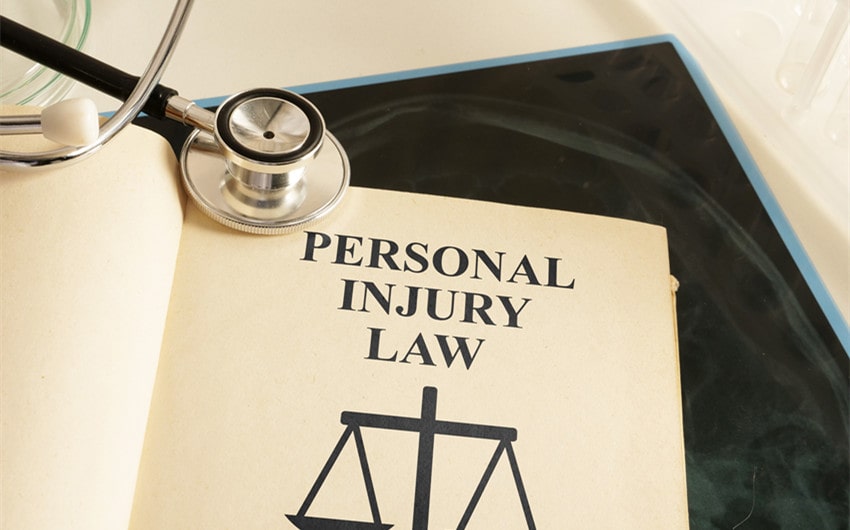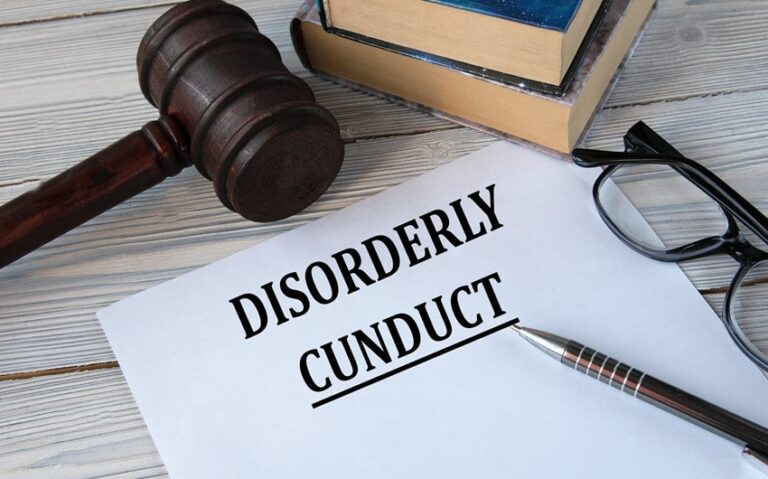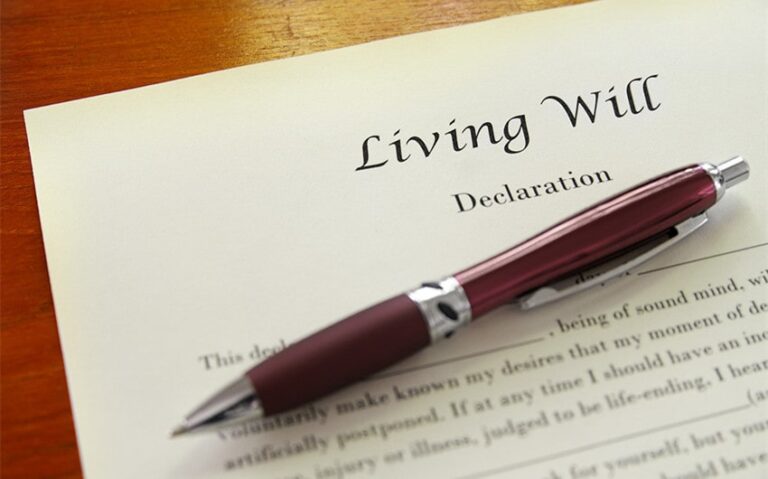How Personal Injury Lawsuits Work and What Every Victim Should Know
Did you know that personal injury statistics in the United States reveal that between 300,000 and 500,000 personal injury cases are filed annually? Personal injury lawsuits can be complicated and overwhelming, especially for those who are unfamiliar with the legal process.
These lawsuits are legal disputes that occur when a person suffers harm due to the negligence or wrongdoing of another party.
These cases can consist of a wide variety of incidents, including car accidents, workplace injuries, medical malpractice, slips and falls, and more.
According to Shaffer Law, understanding how personal injury lawsuits work is important for victims seeking compensation for their injuries.
Legal Basis for Personal Injury Claims
Personal injury claims are generally based on the concept of negligence, in which someone’s careless actions cause harm to another person.
To have a valid personal injury case, you must show that the other party breached their duty of care to you, resulting in your injuries. For example, Charlotte car accidents involving speeding, distracted driving, or failing to yield often constitute a breach of duty. Other examples are medical malpractice and premises liability.
In a personal injury lawsuit, you, as the plaintiff, must prove that the defendant’s negligence directly caused your injuries. This means providing evidence such as medical records, witness statements, and documentation of the accident.
Types of Compensation Available
The primary form of compensation is economic damages, which cover quantifiable financial losses such as medical bills, lost wages, and property damage. These damages will reimburse you for actual expenses incurred due to the injury.
You may be entitled to non-economic damages, which compensate for intangible losses like pain and suffering, emotional distress, and loss of enjoyment of life. These damages seek to address the physical and emotional toll the injury has taken on you.
In some cases, punitive damages may be awarded if the liable party’s actions were particularly egregious or malicious. Punitive damages are meant to punish the wrongdoer and deter similar behavior in the future.
Role of Insurance Companies
When you make a claim for a personal injury, the defendant’s insurance company usually handles the financial aspects of the case. Their primary goal is to minimize the amount of compensation they’ve got to pay out.
Insurance adjusters will investigate the claim, evaluate the damages, and negotiate a settlement with you or your attorney. Insurance companies are profit-driven entities, which means they may try to offer you a lower settlement than you deserve. Be aware that they may use tactics to dispute liability or downplay the extent of your injuries to reduce their payout.
Steps in the Litigation Process
The first step in the process is filing a complaint, where you officially notify the court and the defendant about your claim. Following this, the defendant will respond to the complaint by either admitting or denying the allegations.
The next step is discovery, which allows both parties to gather evidence, depose witnesses, and obtain information from one another.
Following discovery, the case may proceed to settlement negotiations, in which parties attempt to reach an agreement before trial. If no settlement is reached, the case will proceed to trial, where a judge or jury will make a decision based on the evidence presented.
The Importance of Seeking Legal Representation
Seeking legal representation is important when dealing with complicated personal injury cases.
A skilled attorney can provide invaluable guidance and support throughout the entire legal process. They have the knowledge and experience to assess your case, gather evidence, negotiate with insurance companies and represent your best interests in court if necessary.
Conclusion
Now that you understand how personal injury lawsuits work, don’t hesitate to seek legal help to handle the process and maximize your compensation. Having a knowledgeable attorney can significantly impact your case.







